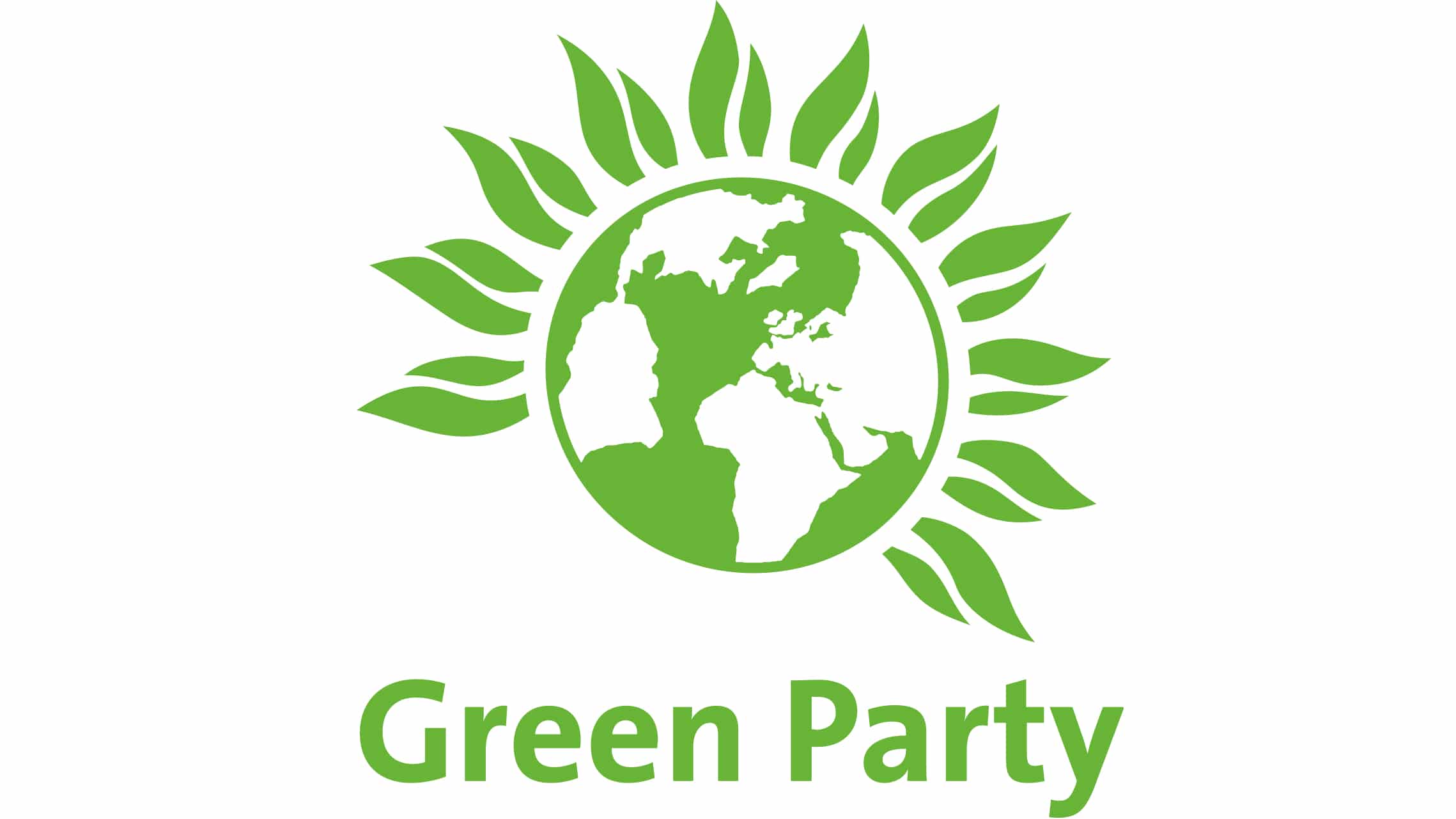R.I. Green Party won’t run a presidential candidate
By UpriseRI
 In a state committee vote
taken over the Memorial Day weekend, the Green
Party of Rhode Island, one of the nation’s oldest Green parties, has
broken ranks with the national party and decided not to nominate a candidate in
this year’s presidential election.
In a state committee vote
taken over the Memorial Day weekend, the Green
Party of Rhode Island, one of the nation’s oldest Green parties, has
broken ranks with the national party and decided not to nominate a candidate in
this year’s presidential election. Instead, the local party will focus on local and state races, and a campaign to adopt ranked choice voting for state elections.
This will be the first
time since 1996 that Rhode Island’s presidential ballot won’t include a Green
Party candidate.
“Running a presidential
campaign in Rhode Island, as we’ve learned in the past 24 years, takes a great
deal of work that gains short-term visibility, but very little long-term
progress,” declared Greg Gerritt,
the party’s most visible spokesperson.
“This year the
stakes—and risks—are greater than they’ve ever been for us. Beyond the health
risks of gathering thousands of face-to-face signatures this summer, there are
major political risks as well.”
The local party says a
top priority for the Greens this year has to be defeating Donald Trump in his
re-election bid.
“Trump threatens
everything Greens stand for,” declared a party statement.
The statement pointed to immigrant children in cages, countless victims of escalating racist, anti-Muslim, anti-semitic, and anti-Asian attacks, tens of thousands who have needlessly died or lost their financial lives in the coronavirus pandemic, and millions who suffer in the ongoing turmoil of a world unmoored from international norms and human rights protection, as the kind of future the world can expect should Trump win re-election.
In addition, Greens
said, Trump promises to continue the lawless rollback of 50 years’
environmental protections, and a catastrophic disdain for climate science which
condemns countless species, including perhaps our own, to extinction.
Other likely outcomes of
a Trump victory include unprecedented, shameless misogyny and homophobia from
the Oval Office; unrestrained corruption in Washington; and the further capture
of federal courts by nakedly reactionary forces, even as neo-confederates,
white supremacists, and outright Nazis, are set loose on the people.
Party leaders say this
was a difficult but necessary decision, intended to support allies in the
frontline immigrant, people of color, Indigenous, environmental, feminist, and
LGBTQI communities, who’ve said that anger towards Trump would overwhelm the
Green candidate’s message
State committee members
supporting the vote argued there is unlikely to be a ‘green wave’ this year,
and a presidential campaign offers little benefit with much to lose. Others
advocated a focus on local issues where the Green message is clearer and the
likelihood of winning is greater.
On the other hand, committee members who voted against the suspension argued for again offering voters an alternative to the corporate parties, to speak out against the Democratic Party’s militarism, and stand up to Trump’s bullying tactics.
In the end, the vote to
suspend presidential campaigning was approved nearly by a nearly 3 to 1 margin.
New
direction, focus on state races and ranked choice voting
After suspending any
role in the presidential race, the Greens voted to step up recruitment efforts
for municipal, legislative, statewide, and congressional candidates, and to
campaign for state adoption of Ranked
Choice Voting (RCV).
The state of Maine has adopted RCV, allowing voters to rank-order candidates—this year including for United States Senate—to avoid the “spoiler” effect, where voting for the candidate you most prefer, can help elect the one you like the least.
The state of Maine has adopted RCV, allowing voters to rank-order candidates—this year including for United States Senate—to avoid the “spoiler” effect, where voting for the candidate you most prefer, can help elect the one you like the least.
When the Rhode Island
party was more active in the past, running legislative, statewide, and
municipal candidates, public support was significant. From the early 1990s
until 2006, the party’s candidates for lieutenant governor won as many as
24,000 votes, while a Green candidate for state senate in 2006 earned 30% of
the vote in Providence’s Federal Hill neighborhood.
In presidential elections, Green candidates have earned
single-digit support.
In the 2016 election the
Greens’ Jill Stein earned 6,220 votes, or 1.3% of the Rhode Island vote.
The state party’s best showing was in 2000, when Ralph Nader was the Green candidate and won 25,052 votes (6.12%). In the next two elections, Green candidates attracted somewhat less support: David Cobb in 2004 won 1,333 votes and Cynthia McKinney in 2008 picked up 797 votes. The party’s support rose in recent elections, when Jill Stein won 2,421 votes in 2012, and 6,220 in 2016.
Can
we please ask a favor?
Funding for UpriseRI
reporting relies entirely on the generosity of readers like you. Our
independence is how we are able to write stories that hold RI state and local
government officials accountable. All of our stories are free and available to
everyone at UpriseRI.com. But your support is essential to keeping
Steve on the beat, covering the costs of reporting many stories in a single
day. If you are able to, please support Uprise RI. Every contribution, big or
small is so valuable to us. You provide the motivation and financial support to
keep doing what we do. Thank you.